On January 13, 2023, the Supreme Court declared that nuptial alliances between Hindu couples will only be sanctioned by the court under the Hindu Marriage Act of 1955 and that any marriage between interfaith couples will be considered void.
The law was issued by the Supreme Court based on a criminal appeal petition submitted by an Indian-American Christian who was charged with polygamy by his wife, an Indian Hindu, and as a result, he was prosecuted by the Telangana High Court.
Incident In Detail
The petitioner, Ajay P. Matthew, lodged a complaint in the Supreme Court against his alleged partner, Satya Sri, after Satya accused Matthew of polygamy and the state court put him on trial under Section 494 of the Indian Penal Code.
Matthew claims to be an Indian-American Christian, while his alleged partner is an Indian Hindu. Therefore, the Supreme Court ruled that only marriages between Hindu couples under the Hindu Marriage Act of 1955 will be sanctioned, while interfaith marriage falls under the laws of the Special Marriage Act of 1954.
High Court Blamed For Lack Of Judgement
The High Court of Telangana prosecuted the petitioner, Ajay P. Matthew, for violating Section 494 of the Indian Penal Code.
Section 494 of the Indian Penal Code states that: “Marrying again during lifetime of husband or wife.—Whoever, having a husband or wife living, marries in any case in which such marriage is void by reason of its taking place during the life of such husband or wife, shall be punished with imprisonment of either description for a term which may extend to seven years, and shall also be liable to fine.”
However, this section is not applicable to couples who belong to two different religions and whose marriage has been declared void by the court. The Supreme Court found that the petitioner’s alleged partner, Satya Sri, did not provide the court with sufficient evidence of her marriage to Matthew.
The Supreme Court, therefore, blamed the Telangana High Court for carrying out the trial of the petitioner without collecting adequate evidence from the complainant and thoroughly investigating the case.
Also Read: Supreme Court Expands Family Concept To Include Unmarried Or Queer Couples
Petitioner Denies All Allegations
The petitioner, Mr. Matthew, claims that he has been falsely accused in the case and that he is innocent of all charges. He denies his marriage with the complainant, Satya Sri, according to Hindu rites, and also asserts that she has not been able to provide any evidence of their alleged wedding to the court except for her statement.
The petitioner further claimed that there are no records of him marrying another woman while allegedly being married to the complainant; therefore, the initial units of the accusations under Section 494 of the IPC do not qualify as valid too.
Therefore, registering the case under Section 494 of the IPC against the petitioner without sufficient investigation is unlawful, unjust, and without jurisdiction.
However, the court has announced that further hearings on the case will be held in February.
Let us know what you think of the situation in the comment section below.
Disclaimer: This article is fact-checked
Image Credits: Google Photos
Source: The Print, Mint & NDTV
Find The Blogger: @ekparna_p
This post is tagged under: Supreme Court, SC, High Court, Telangana, Telangana High Court, Marriage, Hindu, Hinduism, Hindu Marriage, Hindu Marriage Act, interfaith marriage, polygamy, adultery, India, Indian law, Indian Penal Code, Section 494 IPC, Indian-American, Christian, husband, wife, false allegation, petitioner, complainant, complain, legal, illegal, court case, Special Marriage Act
Disclaimer: We do not hold any right, copyright over any of the images used, these have been taken from Google. In case of credits or removal, the owner may kindly mail us.




























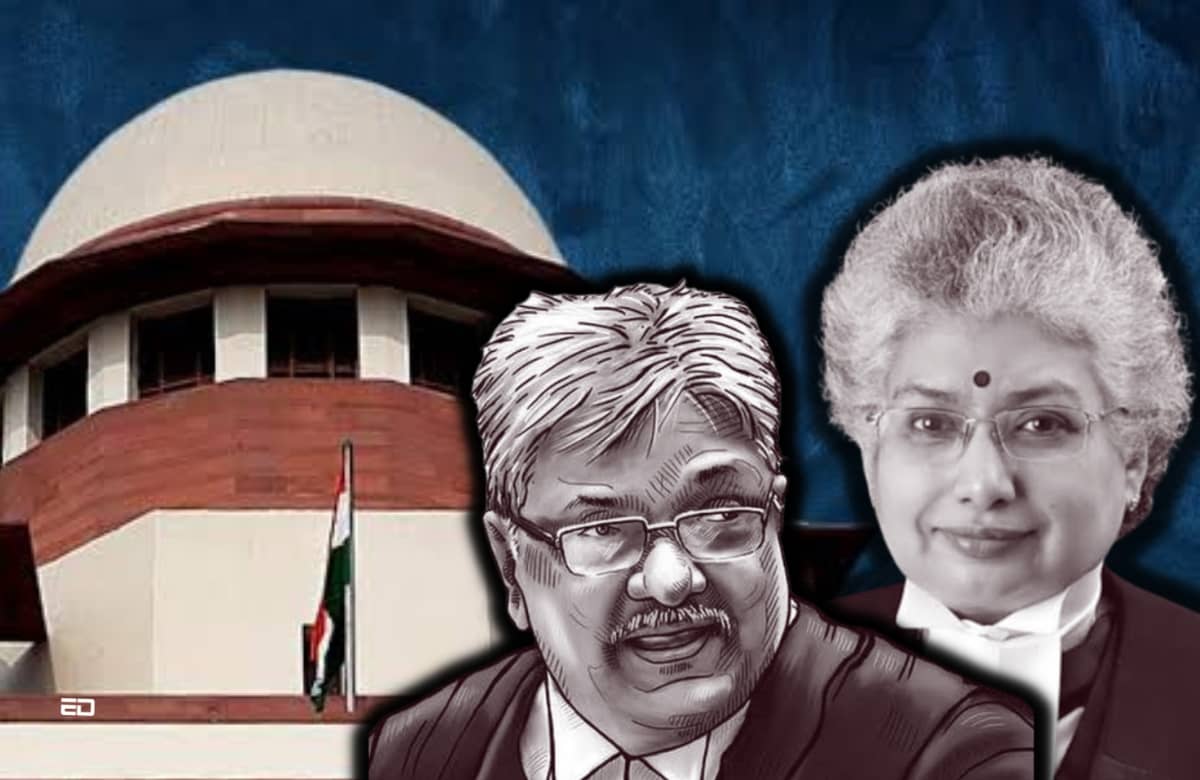
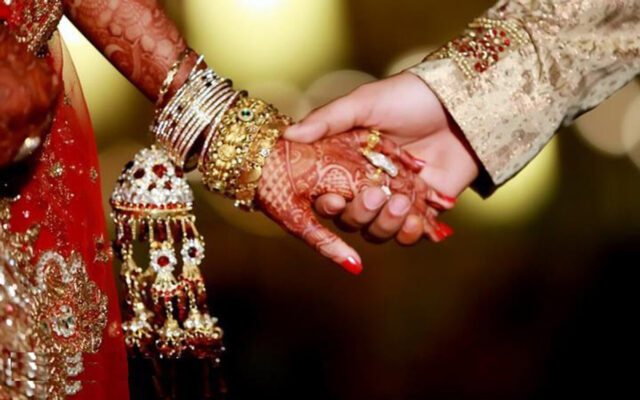
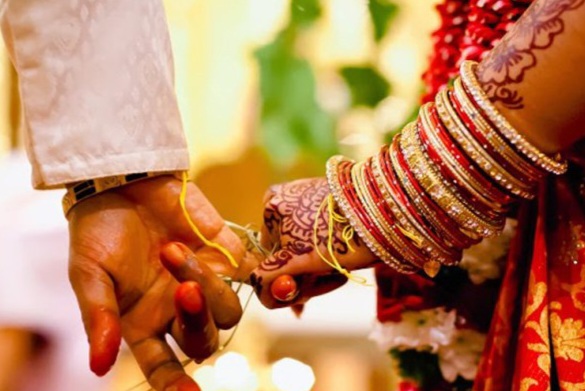
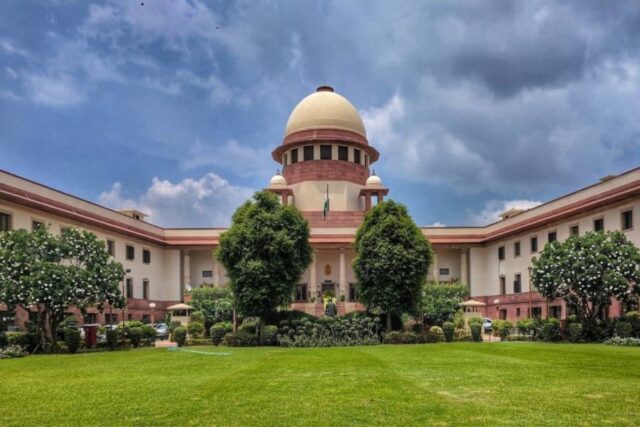
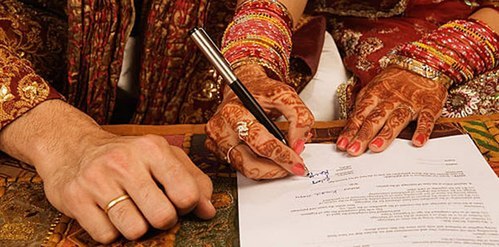





[…] Read More: Supreme Court Declares Inter-Faith Marriage Under Hindu Marriage Act To Be Void […]
[…] Supreme Court Declares Inter-Faith Marriage Under Hindu Marriage Act To Be Void […]